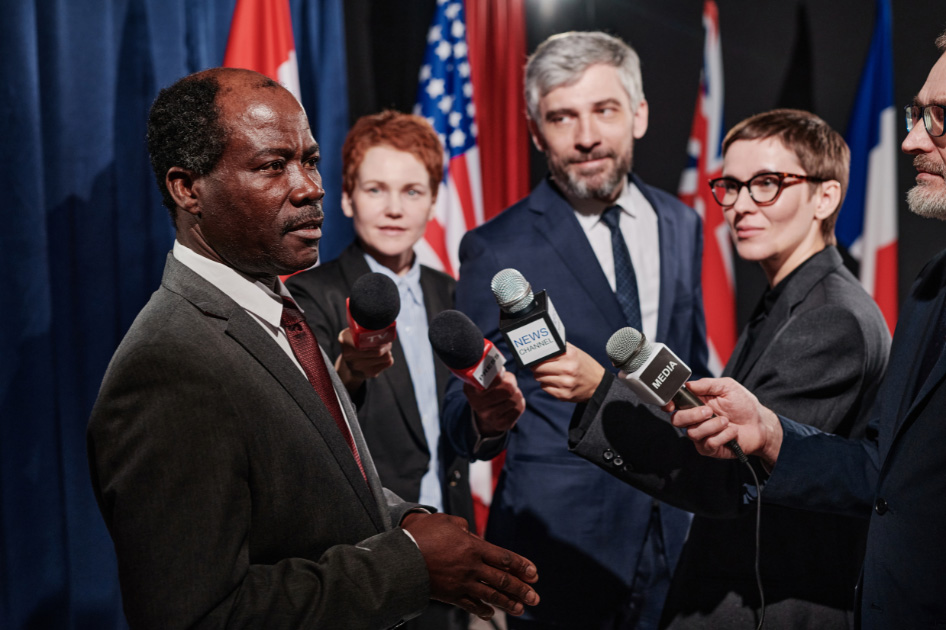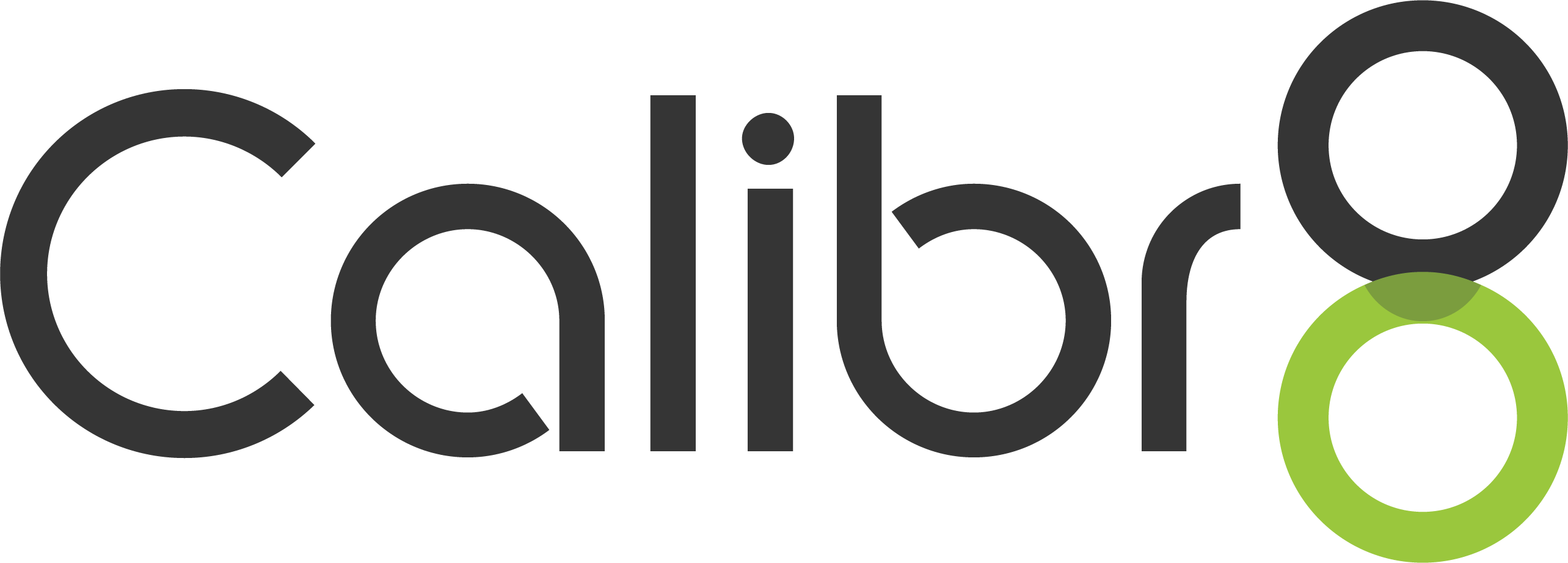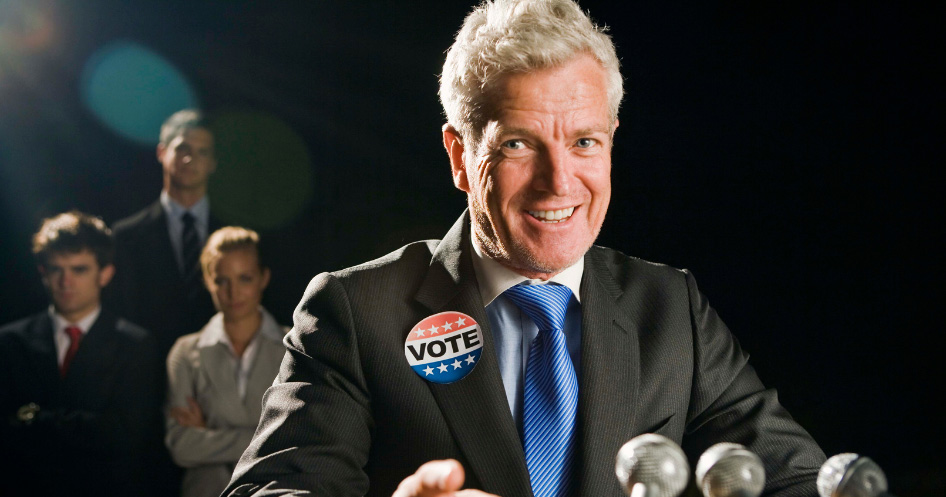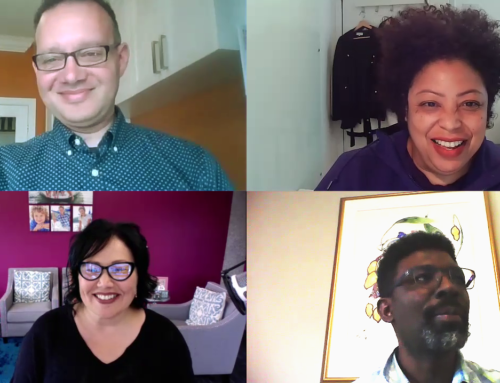In the era of information overload, the relationship between political sentiment and media trust has become increasingly complex and pivotal. As society navigates a landscape dominated by diverse news sources and digital platforms, understanding the dynamics between political beliefs and the trustworthiness of the media is crucial. This comprehensive survey analysis aims to delve deep into the intricate interplay between political sentiment and media trust, shedding light on the factors that shape public perception and influence democratic discourse.
Introduction to Political Sentiment and Media Trust
In the age of connectivity, information flows incessantly, shaping our perspectives and influencing our decisions. At the heart of this information deluge is the media, playing a pivotal role in disseminating news and shaping public opinion. Political sentiment, on the other hand, encapsulates the diverse range of beliefs, values, and ideologies that individuals hold about political issues and actors.
The relationship between political sentiment and media trust is intricate and multifaceted. As individuals consume news, their political beliefs can influence how they perceive media outlets and the information presented. Conversely, the media plays a crucial role in shaping political sentiment by framing issues, selecting stories, and influencing the public agenda.
The Landscape of Media Trust
Before delving into the survey analysis, it’s essential to understand the current landscape of media trust. Trust in the media has experienced significant fluctuations in recent years, with various factors contributing to this volatility. The rise of digital media, the proliferation of misinformation, and the polarization of political discourse have all played a role in shaping public perceptions of media trustworthiness.
Media Trust and Partisan Divides
One notable aspect of the contemporary media landscape is the growing partisan divide in trust. Research indicates that individuals are more likely to trust media outlets that align with their political beliefs. This phenomenon, known as “confirmation bias,” highlights the tendency of people to seek out information that reinforces their existing views, leading to a fragmentation of media trust along partisan lines.
Understanding this partisan divide is crucial for comprehending the nuanced relationship between political sentiment and media trust. Individuals who identify with a particular political ideology are more inclined to trust media outlets that align with their worldview, while expressing skepticism or outright distrust towards those perceived as ideologically opposed.
The Impact of Misinformation on Trust
The proliferation of misinformation in the digital age has posed a significant challenge to media trust. The ease with which false information can spread through social media platforms has led to a widespread erosion of trust in traditional and online media alike. The survey analysis will explore how exposure to misinformation influences individuals’ perceptions of media trust and whether certain political sentiments are more susceptible to the effects of misinformation.
Methodology: Unraveling the Nexus

To unravel the nexus between political sentiment and media trust, a comprehensive survey was conducted, drawing participants from diverse demographic backgrounds. The survey aimed to capture a broad spectrum of political beliefs and preferences, ensuring a representative sample that could shed light on the intricate connections between political sentiment and media trust.
Survey Design
The survey comprised questions that gauged participants’ political beliefs, media consumption habits, and levels of trust in various media outlets. By employing a mix of closed-ended and open-ended questions, the survey sought to capture both quantitative data for statistical analysis and qualitative insights into the reasoning behind participants’ media trust or distrust.
Demographic Representation
To ensure the survey’s reliability and relevance, a concerted effort was made to achieve demographic diversity among participants. This included considerations such as age, gender, educational background, and geographical location. The goal was to uncover whether certain demographic factors correlate with specific patterns of media trust and political sentiment.
Survey Findings: Navigating the Intersection
Media Preferences and Political Sentiment
The survey revealed a strong correlation between media preferences and political sentiment. Participants consistently reported higher levels of trust in media outlets that aligned with their political beliefs. For instance, individuals identifying as politically conservative were more likely to express trust in outlets with a conservative bias, while liberals exhibited a similar inclination towards left-leaning media sources.
This alignment between media preferences and political sentiment underscores the role of selective exposure in shaping individuals’ trust in the media. The tendency to seek out information that confirms pre-existing beliefs creates echo chambers, where individuals are insulated from diverse perspectives and more likely to trust sources that reinforce their worldview.
Impact of Political Events on Media Trust
Another noteworthy finding of the survey was the impact of political events on media trust. Participants reported fluctuations in their trust levels based on the perceived bias or coverage of significant political events. For instance, a participant with conservative leanings might express heightened distrust in media outlets perceived as favoring liberal perspectives during a contentious political event.
This dynamic relationship suggests that media trust is not static but can be influenced by external factors, highlighting the need for a nuanced understanding of the interplay between political sentiment and media trust in specific contexts.
Misinformation and Skepticism
The survey analysis also delved into the influence of misinformation on media trust. Participants who reported exposure to misinformation expressed higher levels of skepticism towards media outlets in general. Interestingly, the degree of skepticism varied based on political sentiment, with individuals on the ideological extremes exhibiting more pronounced distrust.
This finding emphasizes the need for media literacy initiatives that address the challenges posed by misinformation. By understanding how misinformation contributes to skepticism, media organizations and educators can develop strategies to foster critical thinking skills and enhance media trust across diverse political spectrums.
Implications for Democratic Discourse
The intricate relationship between political sentiment and media trust holds profound implications for democratic discourse. In a society where an informed citizenry is essential for the functioning of a democracy, understanding how political beliefs shape media trust becomes imperative.
Challenges to Objective Information Consumption

The survey findings underscore the challenges posed by the alignment between political sentiment and media preferences. When individuals primarily trust sources that validate their existing beliefs, there is a risk of echo chambers where objective information is overshadowed by partisan perspectives. This challenges the ideal of an informed electorate capable of engaging in reasoned democratic discourse.
Addressing this challenge requires a multi-faceted approach, including media literacy education, efforts to diversify media consumption, and promoting a culture of open dialogue that transcends ideological divides. By fostering an environment that values objective information over partisan narratives, society can mitigate the risks associated with the entanglement of political sentiment and media trust.
The Role of Media Organizations
Media organizations also play a crucial role in shaping the dynamics between political sentiment and media trust. Recognizing the impact of perceived bias on trust levels, media outlets must strive for balanced and impartial reporting. Transparency in editorial processes, diverse representation in newsrooms, and a commitment to journalistic integrity can contribute to rebuilding trust among audiences with varying political sentiments.
Moreover, media organizations can leverage technology to implement fact-checking mechanisms and provide audiences with tools to discern credible information from misinformation. By actively addressing the challenges posed by misinformation, media outlets can bolster their credibility and contribute to rebuilding trust in the broader information ecosystem.
Conclusion: Navigating the Nexus for Informed Democracy
As the survey analysis illuminates the complex interplay between political sentiment and media trust, it becomes evident that addressing this nexus is crucial for fostering an informed and engaged citizenry. The challenges posed by confirmation bias, misinformation, and partisan divides underscore the need for concerted efforts from individuals, media organizations, and educational institutions to navigate this intricate landscape.
In the pursuit of a robust democratic discourse, it is imperative to recognize the role each stakeholder plays in shaping the information environment. By promoting media literacy, encouraging diverse perspectives, and holding media organizations accountable for impartial reporting, society can work towards mitigating the risks associated with the entanglement of political sentiment and media trust.
As we navigate the complexities of the information age, the relationship between political sentiment and media trust will continue to evolve. Through ongoing research, open dialogue, and a commitment to the principles of democracy, society can strive to ensure that the nexus between political sentiment and media trust contributes to an informed and vibrant democratic discourse.
Have a project that you’re looking to field?
Logit can help. Just fill out the form below and a Logit Group team member will be in contact with you shortly. Get a quote today.





